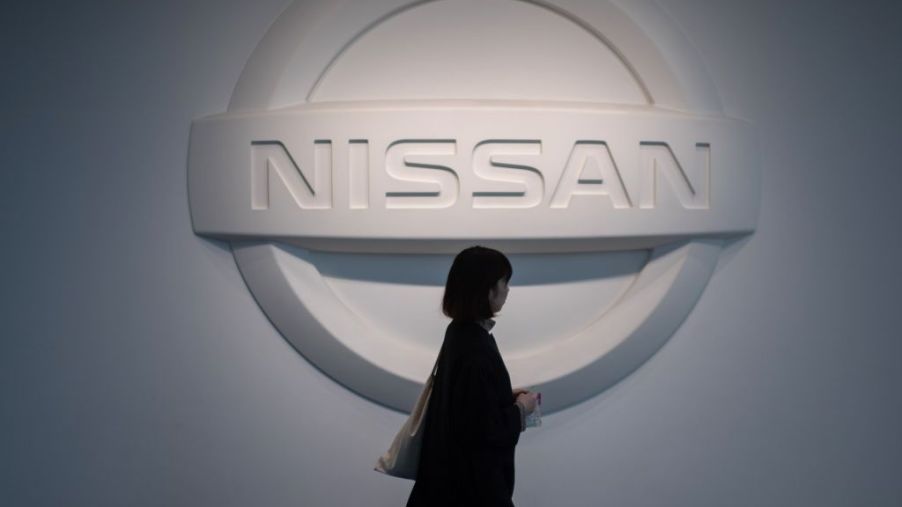
Nissan Hit With Massive Fine Following Fraud Charges
Japan-based, Nissan Motors, is the latest corporate giant to fall victim to financial corruption from within its own ranks. CEO, Carlos Ghosn has been ousted following charges from the SEC. The Nissan fraud fines come after Mr. Ghosn received an inflated salary – compensation that was set by Ghosn himself. Excessive pay to corporate executives and directors have been on the SEC’s radar for some time.
The claim by the SEC is that Ghosn’s $50 boost in retirement allowance fit the bill for excessive pay or benefits. But more importantly is the more than $90 million in salary that was concealed from public disclosure that was the final straw for Nissan Corporation. The SEC has been looking at the financial dealing of Carlos Ghosn since 2009, up to his arrest in Tokyo in 2018.
After years of SEC monitoring and investigations, it was not only Carlos Ghosn that was discovered to be operating fraudulently. The scheme also required the help of former Nissan Representative Director, Greg Kelly, to pull off 10 years of financial concealment.
SEC oversight into Nissan Corporation
Corporate governance is meant to keep businesses operating ethically in regard to shareholders, customers, suppliers, and the government. This is typically achieved with internal rules that regulate operating processes and business practices.
From the executive level to the assembly line, if not for corporate oversight, profits could be squandered and the quality of products or services can be diminished. When it comes to financial oversight of managed investments taken up by businesses, it is the Securities and Exchange Commission (SEC) that is tasked with protecting investors in the United States.
The SEC’s reach is global, monitoring the financial dealings of all companies listed on U.S. stock exchanges or those that publicly offer its securities in the United States. This brings us to September of this year (2019) – specifically Nissan and its ousted CEO, Carlos Ghosn and the SEC. A portion of the Nissan Fraud Press Release by the SEC follows:
“Each year, Ghosn fixed a total amount of compensation for himself, with a certain amount paid and disclosed and an additional amount that was unpaid and undisclosed. Ghosn and his subordinates, including Kelly, crafted various ways to structure payment of the undisclosed compensation after Ghosn’s retirement, such as entering into secret contracts, backdating letters to grant Ghosn interests in Nissan’s Long Term Incentive Plan, and changing the calculation of Ghosn’s pension allowance to provide more than $50 million in additional benefits.”
How will the company handle this?
Not only has CEO, Carlos Ghosn been fired, he has also been fined $1 million. Nissan has taken the brunt of the fallout with fines totaling $15 million. While Mr. Ghosn will eventually have his day in court, Nissan has not attempted to run from this unfortunate malfeasance in office.
Instead the company is settling stakeholder concerns with a promise of specific steps to improve its corporate governance. The new Nissan corporate structure will have three committees including, financial audit, compensation and nomination.
How will this affect Nissan?
Right now, Nissan has no permanent CEO in place, following two decades of leadership by Carlos Ghosn. If you wonder how this will affect the automaker’s sales, it’s really too early to tell.
But one thing is sure, this is not the first Japanese company facing accounting fraud. Some actually believe the corporate culture in Japan contributes to an environment where executives are granted unquestioned obedience and loyalty. When you combine this with unyielding demands to meet sales and corporate revenue targets, in addition to Japan’s borderline hierarchical society – it makes for an environment where it is easier for a high-level executive to take a dark path to success.
Other Japanese corporations that have faced accounting fraud include Olympus Corporation (optics and reproduction products) and Toshiba (consumer and industrial electric and electronic products).
Nissan Group has announced its total U.S. sales for July 2019 of 98,880 units, a decrease of 9.1 percent compared to the prior year. Typically, when a faltering CEO has damaged a major corporation, public hesitation and blame-shifting are the least productive actions.
It seems as if Nissan is taking this to heart, with open communications to shareholders and the public, and a very swift exit for former CEO, Carlos Ghosn.


